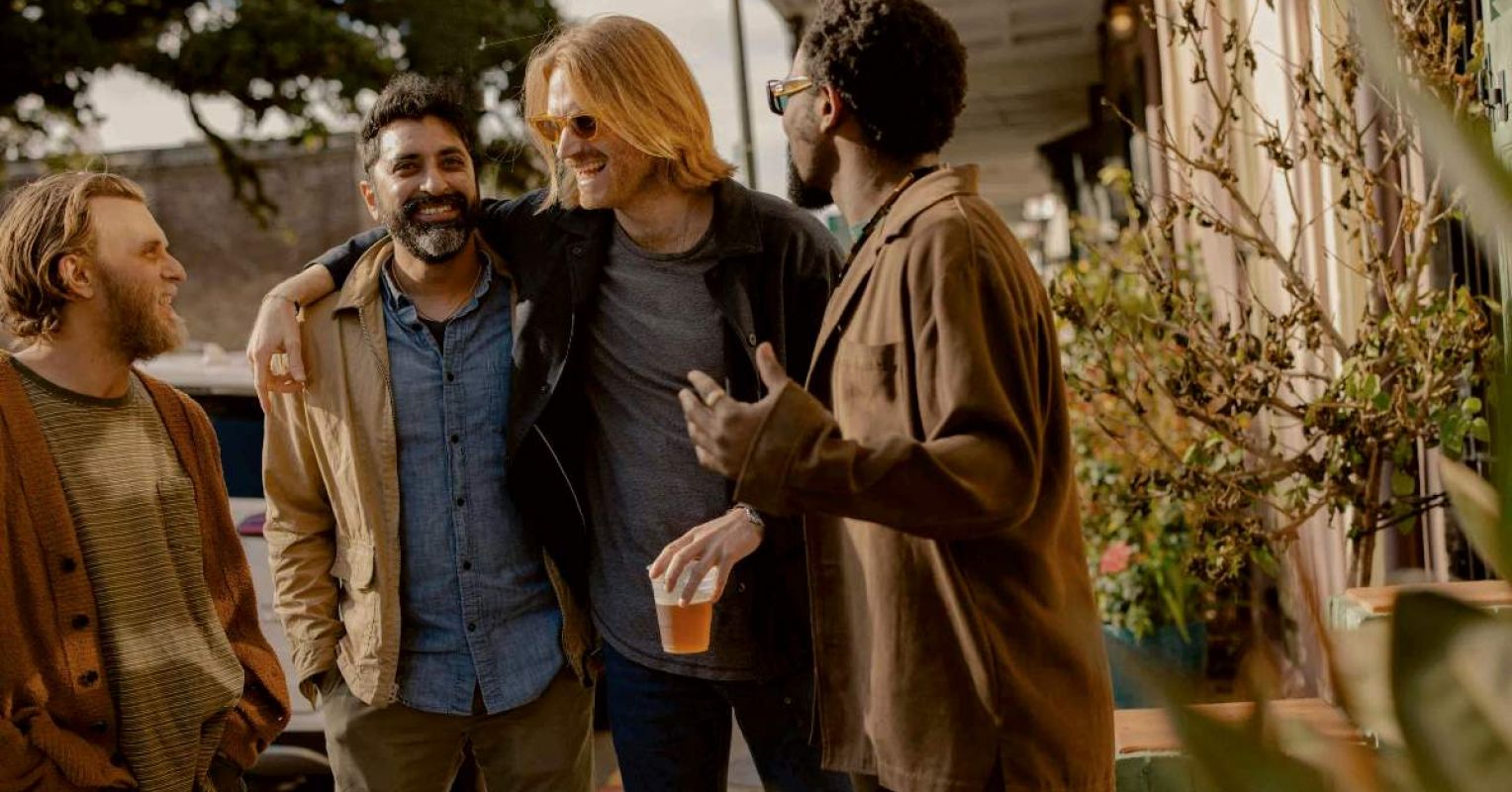
"Imagine that you show up to a coworker's birthday dinner or a new book club hoping for the easy flow of connection you once had as a child, and, instead, you leave with polite small talk and a vague feeling of awkwardness. In school, friendship was a side effect of proximity and repetition: You sat next to someone in math class, traded snacks, and one day realized they were "your person." In adulthood, the equation gets messier due to a number of variables."
"People's lives are crowded with obligations, family, partners, and long-standing circles that are difficult to enter. Even when you meet someone you like, it can feel like trying to merge into a traffic lane that's already moving at full speed. The serendipity of friendship becomes rarer, and with it, the confidence that you'll ever find "your people" again. But this doesn't necessarily mean that friendship in adulthood is broken."
Childhood friendships formed largely through proximity and routine rather than instant chemistry. Adulthood complicates connection because lives include obligations, family, partners, and established social circles that can be hard to enter. The chance encounters that created easy bonds become rarer, and confidence in finding close peers can decline. Friendship in adulthood is not broken, but the old rules may not apply. Building connections intentionally and understanding that effort—not just luck or destiny—matters can improve social engagement. Research links a belief in effortful friendship with lower loneliness and greater social involvement.
Read at Psychology Today
Unable to calculate read time
Collection
[
|
...
]